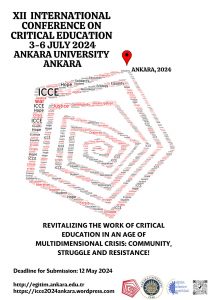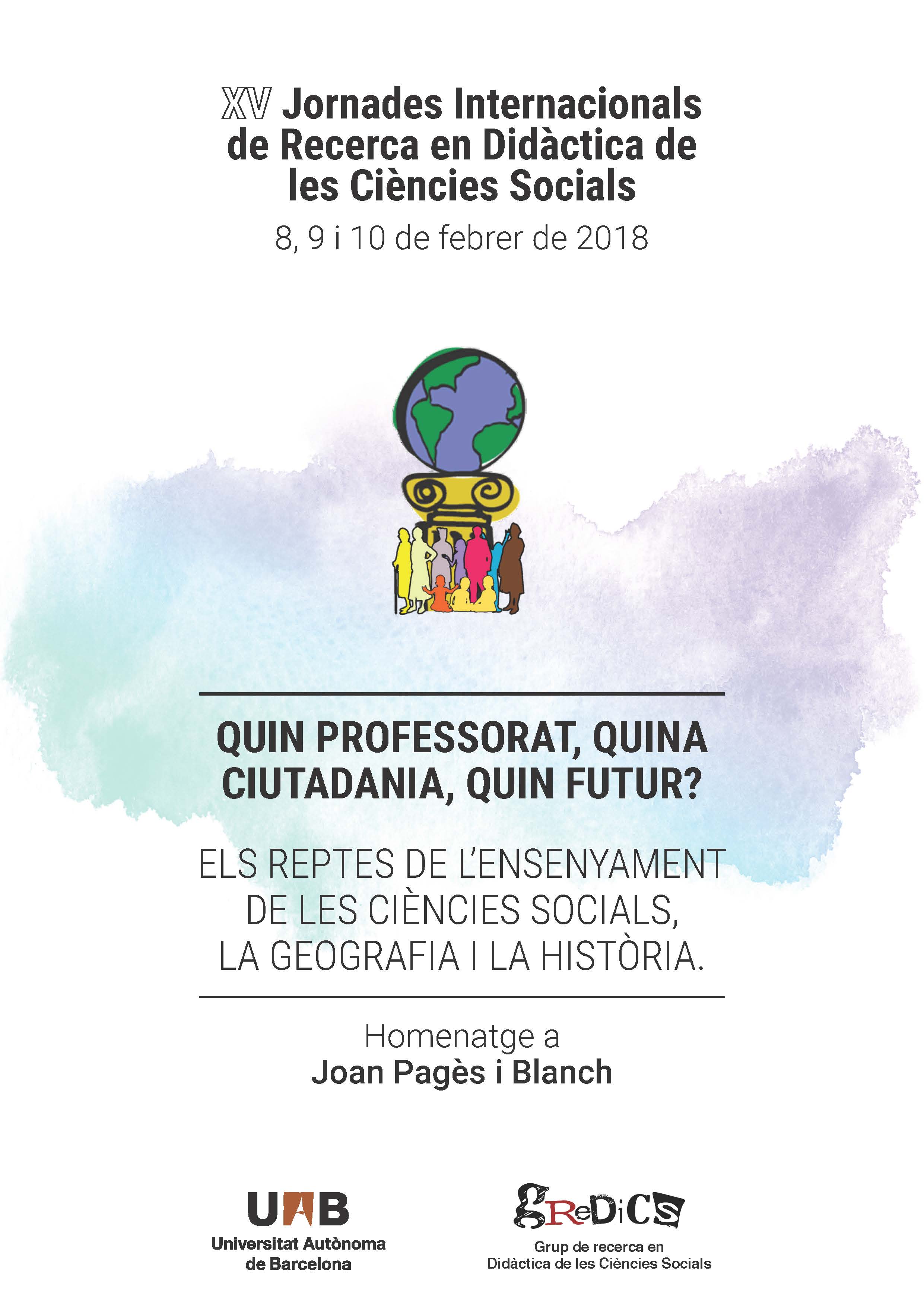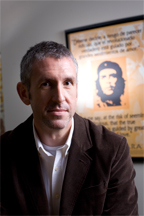The Rouge Forum Archive is now available at RougeForum.com The RF Archive includes flyers, broadsides, conference programs, issues of our zine The Rouge Forum News, the Adam Renner Education for Social Justice Lectures, and more. And also check out RougeForum.org for additional information about RF activities.
The Rouge Forum is a group of educators, students, and parents seeking a democratic society.
We are concerned about questions like these:
- How can we teach against racism, national chauvinism, and sexism in an increasingly authoritarian and undemocratic society?
- How can we gain enough real power to keep our ideals and still teach—or learn?
- Whose interests shall schools serve in a society that is ever more unequal?
We are both research and action oriented. We want to learn about equality, democracy, and social justice as we simultaneously struggle to bring into practice our present understanding of what these are.
We seek to build a caring inclusive community that understands an injury to one is an injury to all. At the same time, our caring community is going to need to deal decisively with an opposition that is sometimes ruthless.
Read about the origins and history of The Rouge Forum here.
Why do you call it The Rouge Forum?
The River Rouge runs throughout the Detroit area—where the Rouge Forum was founded in 1998. Once a beautiful river bounteous with fish and plant life, it supported wetlands throughout southeast Michigan. Before industrialization, it was one of three rivers running through what is now the metropolitan area. Today the Rouge meanders through some of the most industrially polluted areas in the United States, past some of the poorest and most segregated areas of North American, only to lead some tributaries to one of the richest cities in the U.S.: Birmingham. The Rouge cares nothing for boundaries. The other two Detroit rivers were paved, early in the life of the city, and now serve as enclosed running sewers. Of the three, the Rouge is the survivor.
The Ford Rouge Plant was built before and during World Way I. By 1920, it was the world’s largest industrial complex. Everything that went into a Ford car was manufactured at the Rouge. It was one of the work’s largest iron foundries and one of the top steel producers. Early on, Henry Ford sought to control every aspect of a worker’s life, mind and body, in the plant and out. Using a goon squad recruited from Michigan prisons led by the infamous Harry Bennet, Ford instituted a code of silence. He systematically divided workers along lines of national origin, sex, race, and language groupings–and set up segregated housing for the work force. Ford owned Dearborn and its politicians. He designed a sociology department, a group of social workers who demanded entry into workers’ homes to discover “appropriate” family relations and to ensure the people ate Ford-approved food, like soybeans, voted right, and went to church.
While Ford did introduce the “Five Dollar Day,” in fact only a small segment of the employees ever got it, and those who did saw their wages cut quickly when economic downturns, and the depression, eroded Ford profits.
The Rouge is the site that defined “Fordism.” Ford ran the line mercilessly. Fordism which centered on conveyor production, single- purpose machines, mass consumption, and mass marketing, seeks to heighten productivity via technique. The processes are designed to strip workers of potentially valuable faculties, like their expertise, to speed production, expand markets, and ultimately to drive down wages. These processes seek to make workers into replaceable machines themselves, but machines also capable of consumption. Contrary to trendy analysis focused on globalization and the technique of production, Ford was carrying on just-in-time practices at the Rouge in the early 1930’s. Ford was and is an international carmaker, in the mid 1970’s one of Europe’s largest sellers. In 1970, Ford recognized the need to shift to smaller cars, and built them, outside the U.S., importing the parts for assembly—early globalism.
Ford was a fascist. He contributed intellectually and materially to fascism. His anti-Semitic works inspired Hitler. Ford accepted the German equivalent of the Medal of Honor from Hitler, and his factories continued to operate in Germany, untouched by allied bombs, throughout WWII.
At its height, more than 100,000 workers held jobs at the Rouge. Nineteen trains ran on 85 miles of track, mostly in huge caverns under the plant. It was the nation’s largest computer center, the third largest producer of glass. It was also the worst polluter. The Environmental Protection agency, in 1970, charged the Rouge with nearly 150 violations.
Today there are 9,000 workers, most of them working in the now Japanese-owned iron foundry. Ford ruthlessly battled worker organizing at the Rouge. His Dearborn cops and goon squad killed hunger marchers during the depression, leading to massive street demonstrations. In the Battle of Overpass Ford unleashed his armed goons on UAW leaders, a maneuver which led to the battle for collective bargaining at Ford, and was the founding monument to what was once the largest UAW local in the world, Local 600, led by radical organizers for years.
On 1 February 1999, the boilers at the aging Rouge plant blew up, killing six workers. The plant, according to workers, had repeatedly failed safety inspections. UAW local president made a statement saying how sorry he was for the families of the deceased–and for William Clay Ford, “who is having one of the worst days of his life.” Papers and the electronic press presented the workers’ deaths as a tough day for the young Ford who inherited the presidency of the company after a stint as the top Ford manager in Europe. The steam went out of Local 600 long ago. The leaders now refer to themselves as “UAW-FORD,” proof that they have inherited the fascist views of the company founder.
When environmentalist volunteers tried to clean the rouge in June 1999, they were ordered out of the water. It was too polluted to clean. So, why the Rouge Forum? The Rouge is both nature and work. The Rouge has never quit; it moves with the resilience of the necessity for labor to rise out of nature itself. The river and the plant followed the path of industrial life throughout the world. The technological advances created at the Rouge, in some ways, led to better lives. In other ways, technology was used to forge the privilege of the few, at the expense of most–and the ecosystems, which brought it to life, The Rouge is a good place to consider a conversation, education, and social action. That is why.
 Alternate Routes: A Journal of Critical Social Research, in collaboration with the Feltrinelli Foundation, invites submissions of critical papers and panel proposals for its upcoming conference and journal issue: Capitalism, Crisis, and Global Reordering.
Alternate Routes: A Journal of Critical Social Research, in collaboration with the Feltrinelli Foundation, invites submissions of critical papers and panel proposals for its upcoming conference and journal issue: Capitalism, Crisis, and Global Reordering. XII International Conference on Critical Education
XII International Conference on Critical Education




